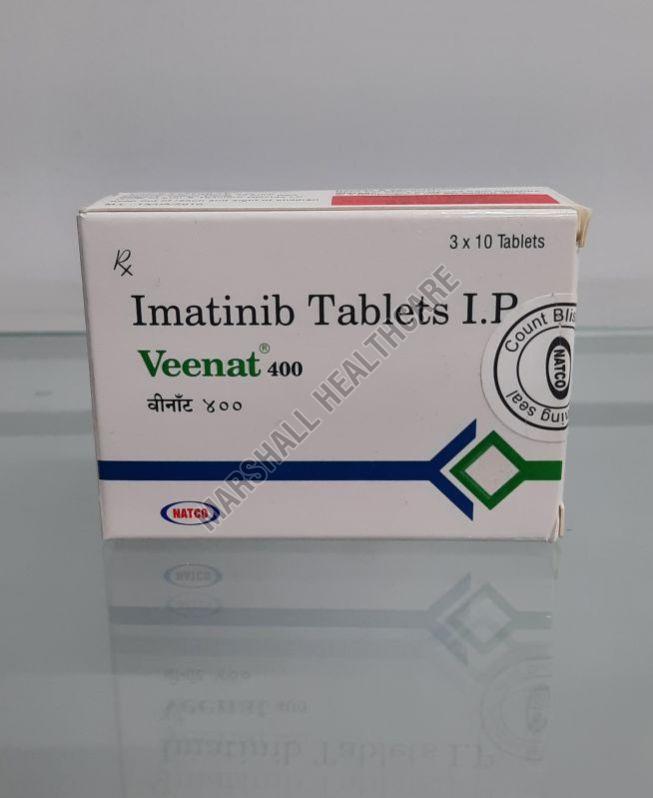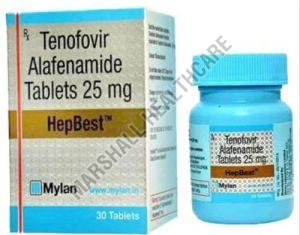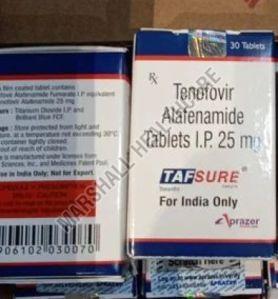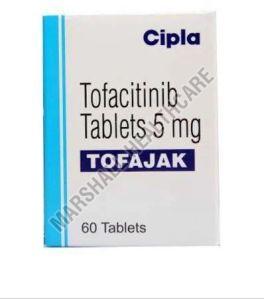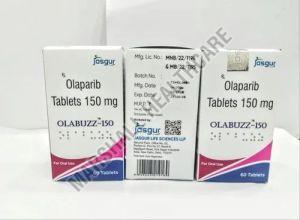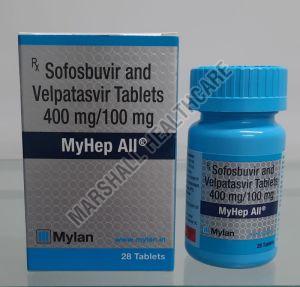Chandkheda, Ahmedabad, Gujarat
- GST NO. : 24CJWPK9058H1ZI
| Business Type | Exporter, Supplier, Trader, Distributor |
| Generic Name | Veenat |
| Application | Clinical, Hospital |
| Packaging Size | 3x10 Tablets |
| Click to view more | |
Product Details
Imatinib is an oral medication that is classified as a tyrosine kinase inhibitor (TKI). It is a targeted therapy used to treat certain types of cancer and other conditions by blocking specific proteins that are essential for the growth and multiplication of cancer cells.
Active Ingredient
The active ingredient is Imatinib mesylate.
Key Uses
Imatinib is used to treat a range of conditions, primarily cancers that are driven by specific protein kinases. These include:
-
Chronic Myeloid Leukemia (CML): A type of blood cancer. Imatinib is a first-line treatment for Philadelphia chromosome-positive (Ph+) CML.
-
Gastrointestinal Stromal Tumors (GIST): A rare type of soft tissue sarcoma.
-
Acute Lymphoblastic Leukemia (ALL): Specifically, Philadelphia chromosome-positive ALL.
-
Myelodysplastic/Myeloproliferative Diseases (MDS/MPD): A group of blood and bone marrow disorders.
-
Aggressive Systemic Mastocytosis (ASM): A rare condition caused by an overgrowth of mast cells.
Mechanism of Action
Imatinib works by selectively targeting and inhibiting the activity of an abnormal protein called BCR-ABL tyrosine kinase, which is found in many of the cancer cells it treats. By blocking this protein, Imatinib stops the uncontrolled growth and proliferation of these cells, leading to their death and a reduction in the tumor size or number of abnormal cells.
Dosage and Administration
-
The dosage of Imatinib is highly specific to the condition being treated and the patient's response. It can range from 100 mg to 800 mg per day.
-
It is generally taken orally, once or twice daily, as prescribed by a doctor.
-
Imatinib tablets should be taken with a meal and a large glass of water to minimize gastrointestinal irritation.
-
For patients who have difficulty swallowing, the tablets can be dispersed in a glass of still water or apple juice.
Common Side Effects
Imatinib is generally well-tolerated, but it can cause side effects. Common side effects include:
-
Fluid retention and swelling (edema) around the eyes, ankles, or hands.
-
Nausea, vomiting, and diarrhea.
-
Muscle cramps and musculoskeletal pain.
-
Fatigue.
-
Skin rashes.
Warnings and Precautions
-
Hematologic Toxicity: Imatinib can cause a decrease in blood cell counts, including red blood cells (anemia), white blood cells (neutropenia), and platelets (thrombocytopenia). Regular blood tests are essential to monitor these counts.
-
Liver and Kidney Function: It can affect liver and kidney function. Regular monitoring of these organs is necessary.
-
Fluid Retention: Swelling and fluid retention are common side effects and can be serious. Patients should notify their doctor of any sudden weight gain.
-
Heart Problems: In rare cases, Imatinib may cause or worsen pre-existing heart problems, including congestive heart failure. Patients with a history of heart issues should be monitored closely.
-
Drug Interactions: Imatinib can interact with numerous other medications, including certain antibiotics, antifungals, anti-seizure drugs, and blood thinners like warfarin. It is crucial to inform your doctor about all medications, supplements, and herbal products you are taking. Grapefruit and grapefruit juice should be avoided as they can increase the concentration of Imatinib in the blood.
-
Pregnancy and Breastfeeding: Imatinib can be harmful to a fetus. Women of childbearing potential should use effective contraception during treatment and for a period after stopping the medication. Breastfeeding is not recommended while taking this drug.
Looking for "Imatinib Tablets" ?
Explore More Products


